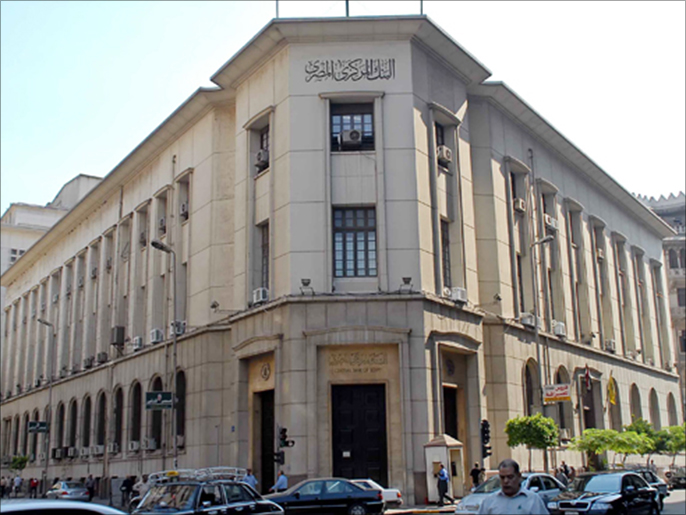Bankers and economists say that the risk of war in Libya and concerns related to water security, as well as the failure of the tourism sector, are all factors that may eradicate a nascent wave of interest in Egyptian bonds.
Egypt has attracted a wave of foreign investor interest in the last three months thanks to the flow of new financing from the International Monetary Fund and the attainment of short-term domestic debt issuance yields of about 13%, which is one of the highest levels of return in emerging markets.
However, bankers and economists warn that the lure of yield hides behind an economy with weak growth prospects and severe political risks, and the Cairo Stock Exchange has fallen several days this month due to fears of interference in Libya.
The Egyptian parliament had given President Abdel Fattah El-Sisi the green light to intervene militarily in Libya. Deploying the armed forces in Libya may increase military spending at a time when the Covid-19 epidemic is increasing the budget deficit.
Weak rectifiers
"It is clear that the IMF support package reassured foreign investors, and this is the reason for the improved inflows from abroad, but the fundamentals are still weak," said Zeina Rizk, executive director of fixed income assets management at Arqaam Capital.
"The virus is spreading, tourism is faltering, and government spending needed to boost the economy will all add to the pressure."
What adds to the ambiguity is that Egypt has not yet reached an agreement with Ethiopia to regulate the flow of water in the Nile River from the Renaissance Dam, which threatens its main water resource.
"The political risks have exacerbated," said Hassanein Malik, head of equity research at Telemer Research.
Tourism .. an unlikely recovery
Meanwhile, analysts said the tourism industry, which accounts for up to 15% of GDP, is unlikely to recover soon.
In contrast to Tunisia and Morocco, Egypt has not added to the European Union's list of safe countries for Covid-19 disease.
In recent weeks, Egypt has seen a decrease in the number of cases of Covid-19, but diplomats say that the new infections are still too high to allow the travel warning to be lifted to Egypt at the present time.
Alaa Aqel, head of the Egyptian Hotels Chamber in the Red Sea region, said that the movement of air tourists to the Red Sea resorts has been improving since the reopening of the airports on the first of July, but that the normal occupancy rates will not return before March or April next year. .
He added that more than half of the hotels had resumed work after being closed for two months, and that hotels that were still closed would likely resume work by November.
The government expected that the growth rate would reach 3.5% in the fiscal year 2020-2021, which started in July, but Minister of Planning Hala Al-Saeed said last May that growth could decline to 2% if the crisis of the Corona virus continues until the end of the year.
Economic implications
Last March, President Abdel Fattah El-Sisi approved a plan to pump 100 billion pounds ($ 6 billion) to reduce economic repercussions, including supporting the tourism sector and paying the salaries of workers whose employers were forced to keep in their homes, as well as disbursing a grant for irregular employment .
And with foreign exchange reserves reaching $ 38 billion, Egypt is in a better financial position than it was in 2011 after the overthrow of Hosni Mubarak.
Reserves have fallen from the level of $ 45 billion that was before the pandemic, but the central bank was able to support the Egyptian currency, which improved in July after falling in the previous month. Bankers say the improvement helped make profits for short-term debt buyers.
"The flows were really near the lowest levels of the curve, which reflects higher returns in the short term and the possibility of improvement in the pound in the near term, which makes transactions take advantage of interest rate differentials between the most tempting currencies," said Farouk Soussa, economist on the Middle East and North Africa at Goldman Sachs. In Egypt at the moment. "
In contrast, analysts say the influx of "hot money", that is, investments for short periods, does not translate into new jobs in the real economy and may disappear if the currency falls.
With the exception of the energy sector, Egypt has encountered difficulties attracting foreign direct investment, which analysts attribute to the bureaucracy and expansion of companies owned by the armed forces in various sectors of food to cement.
"Increasing long-term foreign direct investment (than it is) will require improving business performance indicators and maintaining a sound framework for predictable macro indicators and political stability," said Raza Agha, head of the Emerging Markets Credit Strategy division of Legal and General Investment Management.

